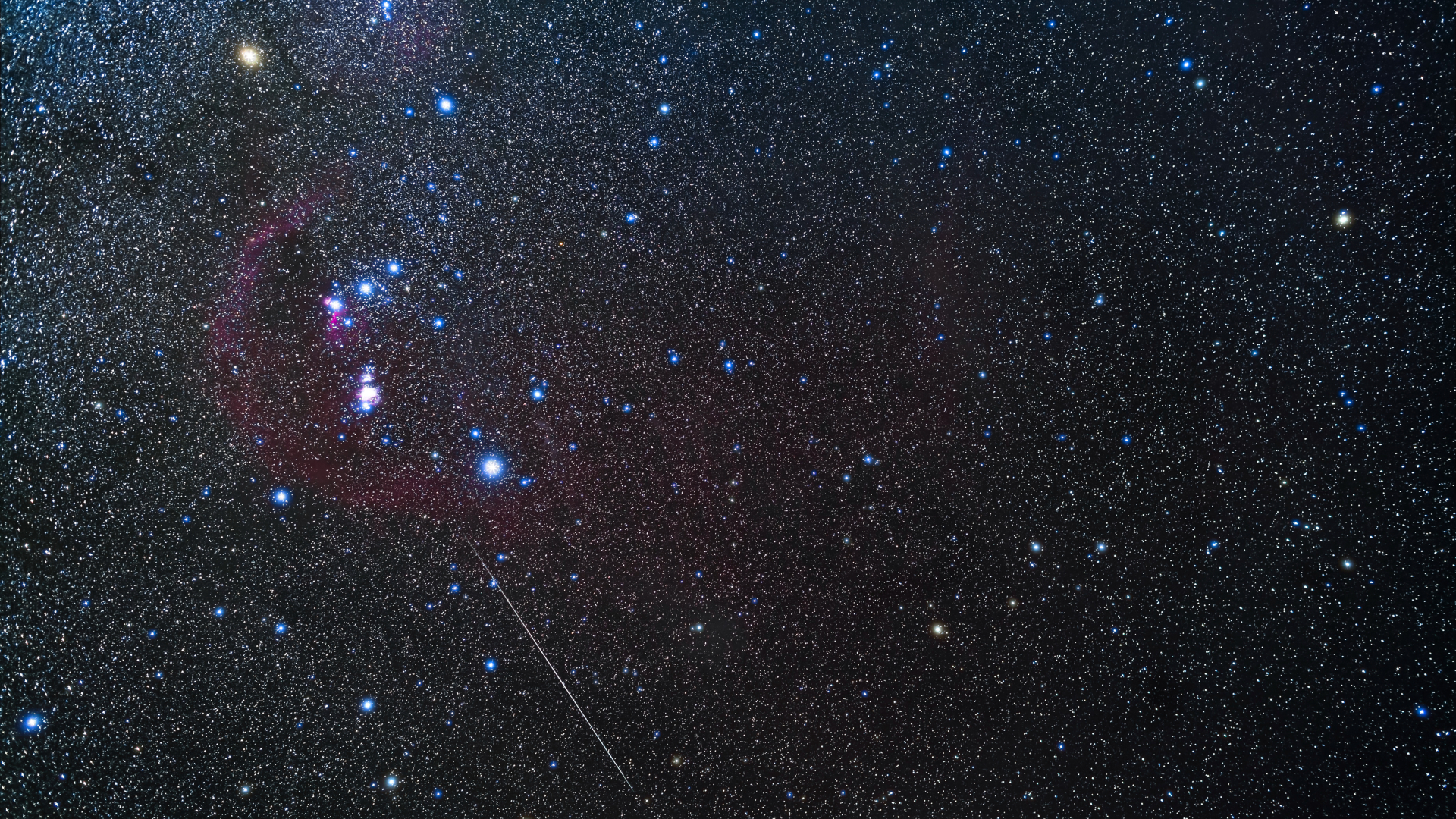Universities Plan World's Largest Telescope
Breaking space news, the latest updates on rocket launches, skywatching events and more!
You are now subscribed
Your newsletter sign-up was successful
Want to add more newsletters?

Delivered daily
Daily Newsletter
Breaking space news, the latest updates on rocket launches, skywatching events and more!

Once a month
Watch This Space
Sign up to our monthly entertainment newsletter to keep up with all our coverage of the latest sci-fi and space movies, tv shows, games and books.

Once a week
Night Sky This Week
Discover this week's must-see night sky events, moon phases, and stunning astrophotos. Sign up for our skywatching newsletter and explore the universe with us!

Twice a month
Strange New Words
Space.com's Sci-Fi Reader's Club. Read a sci-fi short story every month and join a virtual community of fellow science fiction fans!
HOUSTON (AP) _ The University of Texas and Texas A&M University are planning to construct what they call the world's largest telescope with the help of a Houston businessman's $1.25 million gift.
Scientists say that the proposed $400 million Giant Magellan Telescope would collect 70 times more light than NASA's successful Hubble Space Telescope and could produce images that are 10 times sharper.
The new scope could be placed atop the Andes Mountains in Chile as early as 2015, permitting scientists to view the earliest formation of planets and galaxies.
Businessman George Mitchell donated the money to Texas A&M, his alma mater. But The University of Texas in Austin, which runs the McDonald Observatory in the Davis Mountains of West Texas, has promised to match the funds over the next two years.
The Carnegie Institution of Washington, Harvard University, the Smithsonian Astrophysical Observatory, the Massachusetts Institute of Technology, the University of Arizona and the University of Michigan are also partners in the project.
The founder of Mitchell Energy & Development Corp. and a longtime philanthropist, Mitchell says he wants to help his alma mater.
"I feel that their ability to do something in the physics department would help raise the image of the university, and I think this is a great field to be in because a lot of people are interested," Mitchell told the Houston Chronicle in Thursday's editions. "We were able to work out a joint deal (with Texas), which is kind of unusual. When we're not playing football, we're going to actually try doing something good together."
Breaking space news, the latest updates on rocket launches, skywatching events and more!
The telescope's six large mirrors would surround a seventh central mirror, all on a single mounting, to be constructed in Chile. The telescope's light-collecting area would be twice the diameter of the largest current telescopes.
- Hubble Telescope Special Report

The Associated Press, also known as the AP, is a wire service that provides articles to a host of newspapers and websites. The news organization was founded in 1846, when the company delivered the news by pony express. The Associated Press journalists cover news from around the world and in all subject matters.
